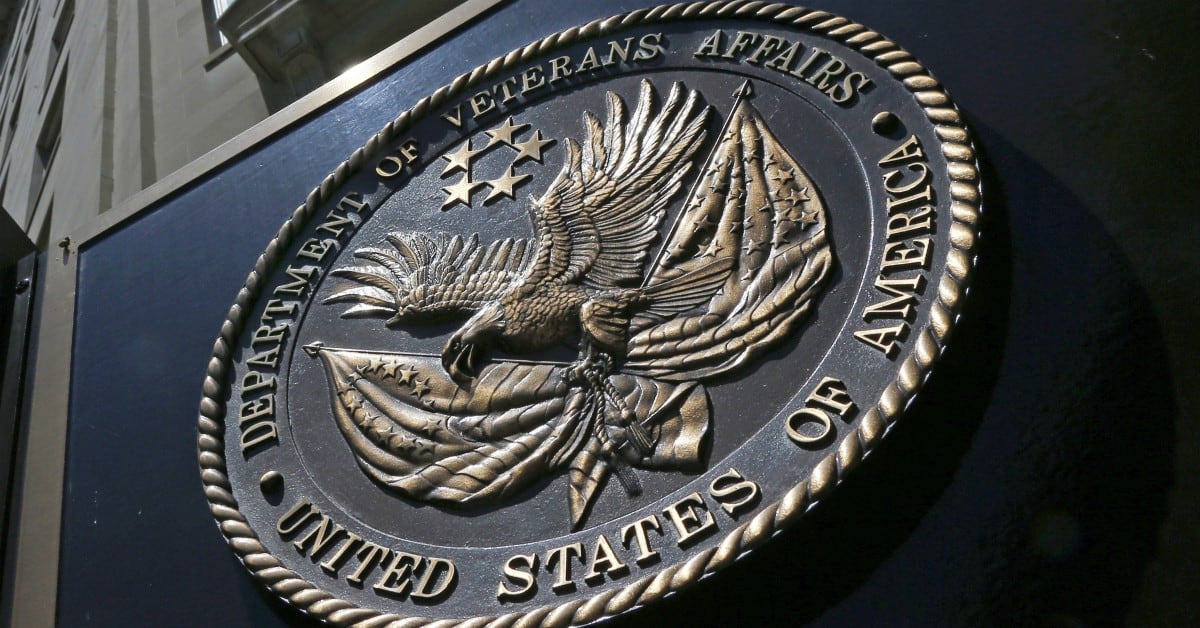The backlog of veterans first-time disability claims in coming weeks is expected to surpass 300,000 cases for the first time in almost a decade. But Veterans Affairs leaders insist that the rise isn’t a sign of their systems being overwhelmed like they were in the past.
Instead, they said the rising backlog reflects a dramatic surge in claims related to new military toxic exposure benefits. Still, the growing number of overdue claims points to more veterans waiting longer for disability payouts, which can range from a few hundred dollars to nearly $4,300 a month depending on the severity of the injuries. Disabled veterans can get retroactive pay if their claims linger in processing for multiple months, but that delay can cause hardship and anxiety for individuals dependent on the help for their finances.
“What you’re seeing is just larger numbers overall because we’ve been so successful in our outreach and connecting more veterans with their benefits,” VA Under Secretary for Benefits Joshua Jacobs told reporters Thursday. “We’re doing everything we can to address that, and we can still prioritize processing claims when we need to.
He said the VA is working to hire and train staffers to process the claims.
RELATED

The backlog of first-time disability claims — claims pending for more than 125 days, the standard set by VA to process the files — reached 292,499 this week. It hasn’t been above 300,000 since early 2014.
Back then, the department was coming off several years of unchecked growth in the claims backlog, with the number of overdue cases peaking at more than 610,000 in 2013. VA officials and lawmakers mandated a host of reforms in response, including digitization of all VA benefits records and a surge in staff hires to handle the workload.
In recent years, the backlog has fallen to as low as 70,000 cases, a figure that VA planners have said is as close to zero as they can get without irresponsibly rushing complex disability claims. But the number began to rise again in summer 2020 as officers were partially shuttered because of the national COVID-19 pandemic.
Last year, VA Secretary Denis McDonough said he hoped to get the claims backlog down to pre-pandemic levels by early 2024. Jacobs said Thursday that officials now don’t expect to reach that mark until 2025.
The backlog surge is mostly related to the surge in claims filed in recent months related to the Promise to Address Comprehensive Toxics Act — better known as the PACT Act — signed into law in August 2022. That measure expanded disability benefits for 12 types of cancer and 12 other respiratory illnesses linked to burn pit smoke exposure in the most recent wars, as well as hypertension for veterans who served in Vietnam and were exposed to the chemical defoliant Agent Orange.
Jacobs said more than 1 million veterans have submitted PACT Act claims in the past year, with a sizable portion filing this summer ahead of an early August deadline to be eligible for a year of retroactive benefits. Those cases, coupled with already high filing levels from veterans on other disability issues, has put the department at record-high work levels.
“We completed over 8,000 claims in a day 102 different times this year,” Jacobs said. “To put that in perspective, that’s something we had only done six times in the rest of VA’s history.”
But Jacobs said unlike in 2013 — when the backlog was nearly 70% of the total claims inventory — fewer than one-third of cases pending before VA now are overdue. And in response to the higher workload, VA has grown its benefits workforce by about 20% in the last year, to more than 31,000 workers.
Officials are also considering technology upgrades and system improvements that could speed up the work, but won’t announce plans for those until later this year.
Lawmakers have said they will monitor the backlog issue closely in coming months, and have warned VA officials not to let the case levels grow out of control as they did 10 years ago.
Leo covers Congress, Veterans Affairs and the White House for Military Times. He has covered Washington, D.C. since 2004, focusing on military personnel and veterans policies. His work has earned numerous honors, including a 2009 Polk award, a 2010 National Headliner Award, the IAVA Leadership in Journalism award and the VFW News Media award.





